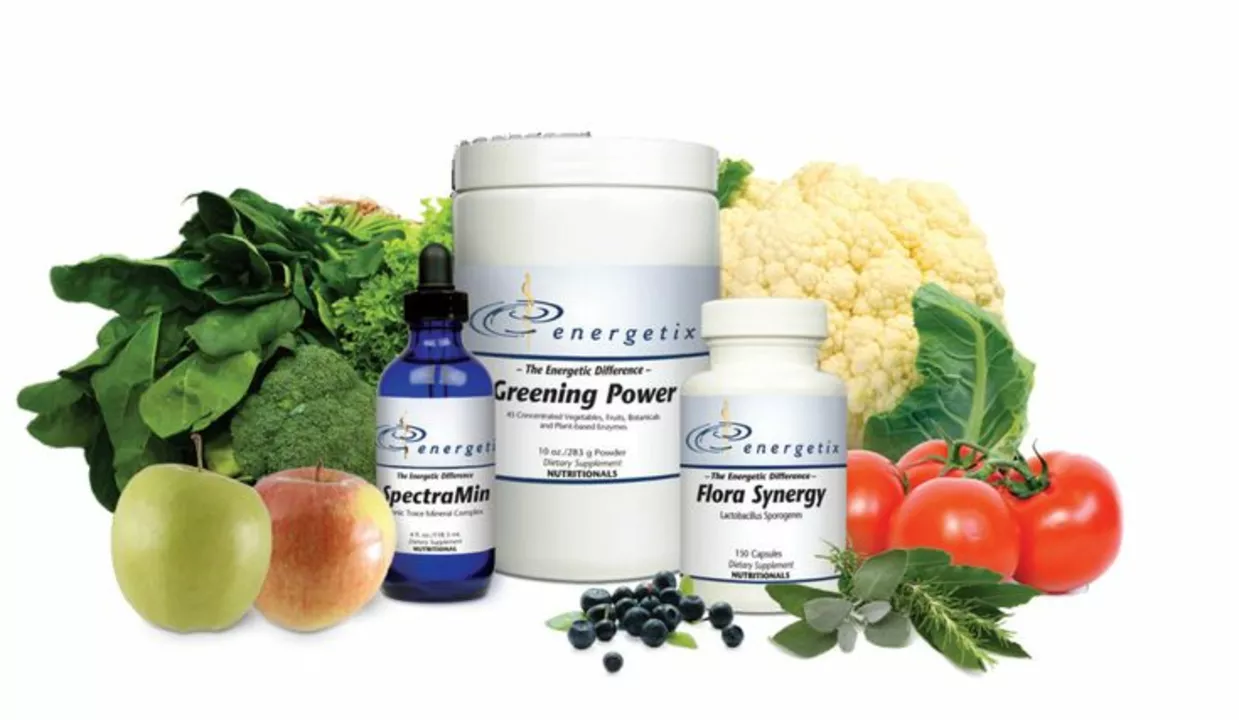Wellness industry: what to trust and how to buy smart
The wellness industry is booming and that means more products, more claims, and more confusion. You can find everything from new diabetes drugs and antidepressant alternatives to trending supplements like quercetin, sweet woodruff, and niche herbs marketed as “miracle” fixes. Knowing how to separate useful options from hype saves money and protects your health.
Start with proof. Look for third‑party testing, COAs (certificate of analysis), or lab results for supplements. For prescription drugs, prefer licensed pharmacies and telehealth services with clear credentials. If a product promises dramatic results overnight or lists no side effects, treat it as a red flag and verify with a doctor.
Trends to watch
Telehealth and online pharmacies are changing access to meds and advice. That can be great when platforms follow rules and require prescriptions. But unregulated sites selling controlled substances or anabolic steroids often skip safety checks. Also watch the rise of personalized nutrition, where blood tests and apps suggest tailored supplements — useful when paired with a clinician, risky if you self-prescribe.
Another trend: plant extracts and niche herbs getting big attention. Quercetin and other antioxidants have real benefits in studies, but supplement dose, purity, and interactions matter. Herbal names like sweet woodruff or mouse ear sound harmless, yet they can interact with drugs or cause side effects if misused. Treat herbal supplements like active ingredients, not candy.
Practical buying checklist
Use this checklist before you buy anything for health: 1) Verify source — licensed pharmacy or reputable brand. 2) Check lab testing and ingredient list. 3) Read user reviews but weigh clinical evidence higher. 4) Confirm return policy and privacy protection. 5) Ask your clinician about interactions with current meds. Keep receipts and batch numbers in case of recalls.
Price matters but don’t chase the cheapest option for prescriptions. Generics can save money, but very low prices from unknown overseas shops often mean poor quality or fake products. If you see a site on forums claiming to replace regulated pharmacies, compare certifications and look for problem reports before ordering.
Mental health and lifestyle services also belong in wellness. Apps, coaching, and guided therapy can help, but they vary widely in quality. Look for licensed therapists for clinical issues and expect transparency about methods and fees. For chronic conditions like diabetes or GERD, prioritize treatments with clinical backing and ask how new drugs fit into long‑term care.
Small practical moves help: keep a list of your medications and supplements, update your provider, and store products per label instructions. If you ever suspect a side effect or counterfeit drug, report it to authorities and your pharmacy. Awareness and simple checks will keep your wellness choices safer and more effective.
If you travel, check import rules and temperature controls for meds, and carry prescriptions. For supplements, rotate brands if you notice changes, and subscribe only to honest newsletters. Ask for scientific sources when claims sound bold; good companies provide them without hiding details. Stay curious.
Experience the Power of Alchemilla: The Dietary Supplement That's Taking the Wellness Industry by Storm

I recently came across Alchemilla, a dietary supplement that's making waves in the wellness industry. It's amazing to see how this powerhouse of nutrients is helping people improve their overall health. I've noticed that it not only promotes weight loss but also supports mental clarity and boosts energy levels. I can't wait to try Alchemilla myself and experience its benefits firsthand. Stay tuned for updates on my personal journey with this game-changing supplement!
- June 2 2023
- Tony Newman
- 20 Comments
